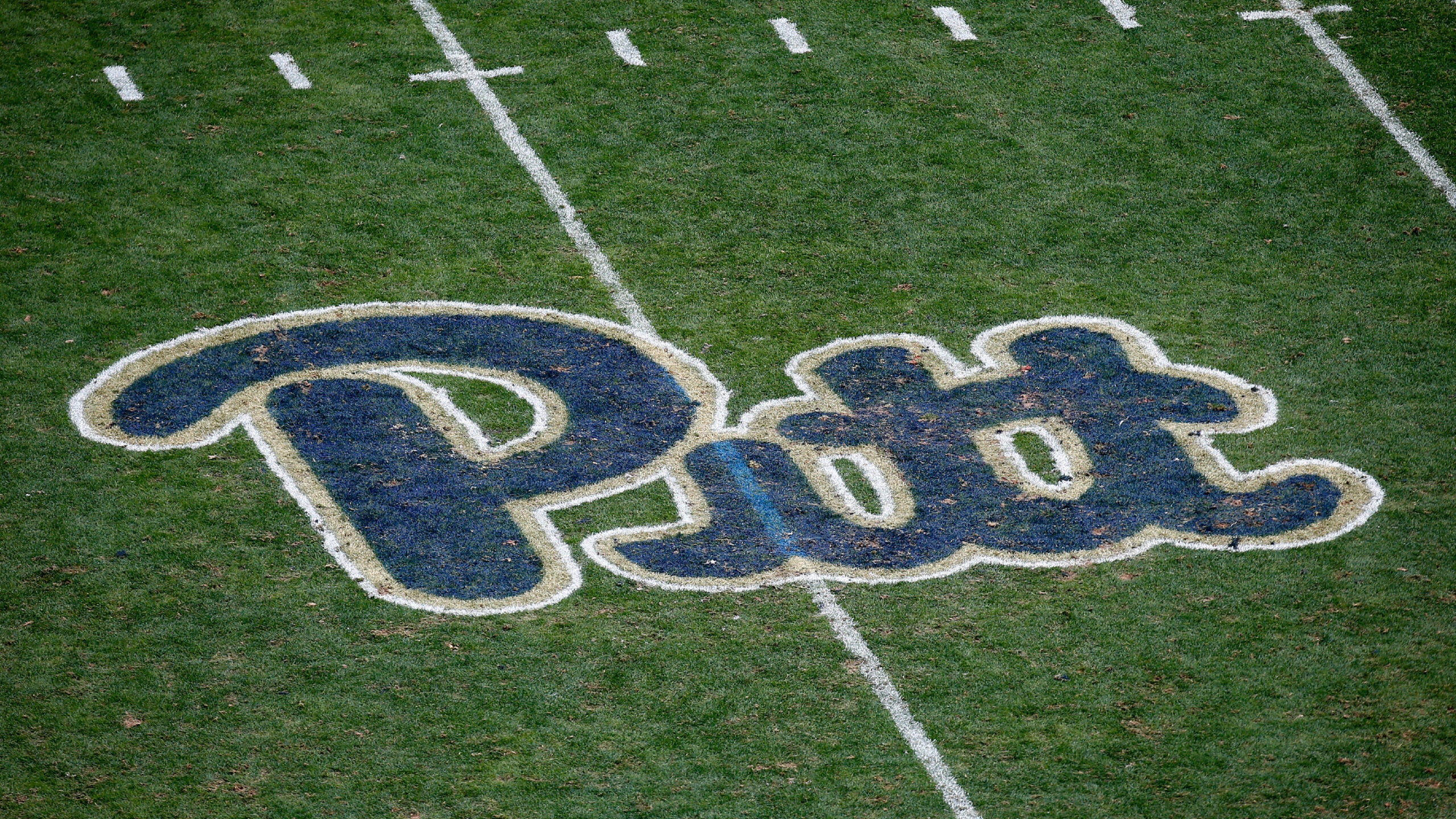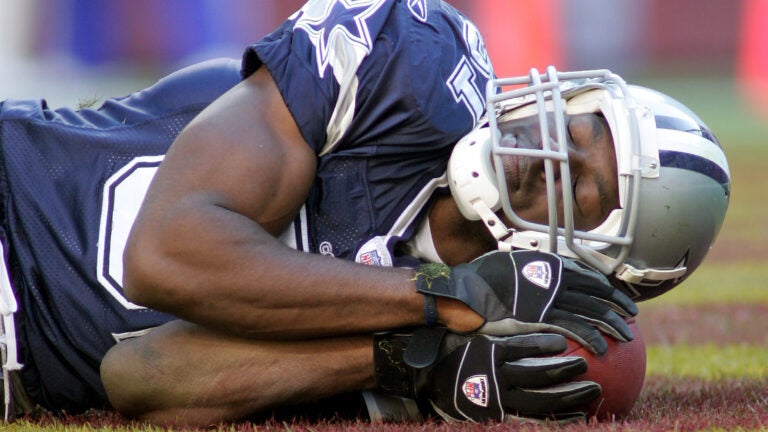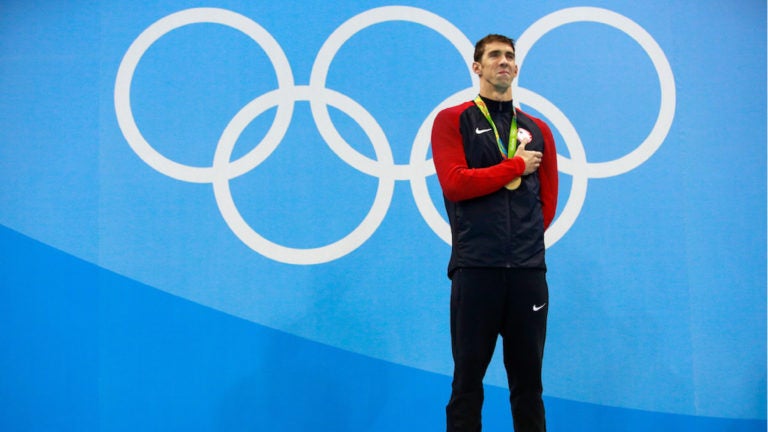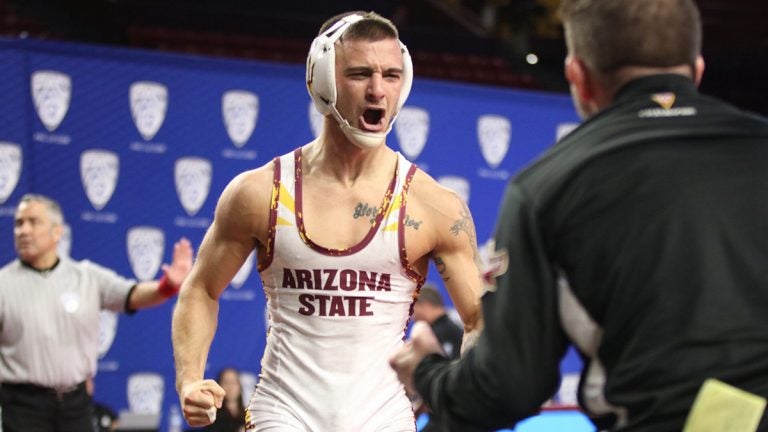Seasons Might Get Canceled, But Mental Health Does Not
Why this matters
Undoubtedly, the mental toll that is this smash and crash of 2020 will hit college athletes and their extended circles for years to come.
Since March, when athletic calendars were wiped clean and college campuses emptied, mental health professionals connected with collegiate athletic departments have been working non-stop in assisting student-athletes.
Many student-athletes, who experienced sudden shock and sadness when spring seasons were abruptly halted, returned to a campus environment altered by safety protocols and a cloud of uncertainty as to how the fall will play out.
“Many of us in mental health started preparing, or began to batten down the hatches for a lack of a better way of thinking about it, in March,” said Kristen Mackel, the University of Pittsburgh’s lead clinical counselor, student-athletes. “We started setting the precedent that when we returned, it will not be like we went home on Friday, took a week off for spring break, and came back.”
When student-athletes returned, whether it was to begin preparation for fall and winter sports that may or may not be played, they did so to an environment unlike one they ever experienced before. While they were excited to renew acquaintance -- in person instead of via Zoom -- with their fellow student-athletes and coaches, there was still much anxiety over how the coming days, weeks, and months would play out.
“There was a lot of ambivalence, I believe because while there was excitement about getting back on campus and certainly seeing their friends and their teammates, there was also anxiety involved,” said Stephany Coakley, Temple University’s senior associate athletic director/mental health. “Would we be able to have sports? What will our seasons look like? Those were among the questions they had and some of those questions have been answered now.”
Some remain unanswered and may for some time to come yet. After all, the pandemic is a daunting foe with a mind of its own and continues to test student-athletes like never before.
Because of that, some revision in a specialist’s approach has become necessary. Specifically, characteristics that would normally apply might take a backseat at a time that continues to be anything but normal.
“In our world, we talk about mental toughness and mental strength, but I changed that discussion to emphasize mental endurance,” said Lee Dorpfeld, behavioral health coordinator within the University of South Florida’s athletic department. “You don’t know how long you are going to be fighting this invisible opponent. We don’t know how long it is going to last and you are trying to stay as close to your peak level of performance as long as you can.”
It is difficult for student-athletes to not know when a season will start, how long it will last if it does, when they can go full throttle and when they need to ease up. The harsh nature of the pandemic is such that the carpet can be yanked once again at any point. That is especially true for football players in conferences that are currently playing.
“We have to think about things differently,” said Dorpfeld. “How do we allow for reloading and putting gas back into the tank? How do we talk about appropriate breaks and focusing concentration so student-athletes can sustain this for periods of time? We don’t know how things are going to turn out and the mental endurance piece is a critical component.”
To that extent, because a football player does not know if every scheduled game will be played, a basketball player does not know what the winter will bring and a spring-sport athlete could have another season go by the board, it is imperative to not look down the road, but be sure to tend to the things that remain in their control.
Those things could include pursuing an internship or academic endeavor to go along with continuing to maintain physical and mental health.
“Take this 24-hour period and crush it,” said Coakley. “Be the best that you can be because we don’t know what tomorrow is going to be like. The other thing I ask student-athletes is to see what’s possible as opposed to what has been taken away and what limits them right now. It is so easy for them to perseverate on what has been taken away and what they cannot do.”
Fortunately, professionals such as Mackel, Coakley, and Dorpfeld have become more common in the collegiate athletic setting to address mental health issues student-athletes deal with.
“In general, we have asked a lot of our 17- to 24-year-olds,” said Mackel. “One of the things that I have been pleased to see is a willingness to ask for help unlike what we have experienced before. It means that we are doing a pretty good job in reducing the stigma in asking for help.”
Perhaps the toughest decision student-athletes have had to make this year is whether to opt-out of athletic competition over Covid-19 concerns.
Fortunately, they can still tap into the resources available to them. After all, they are still a student-athlete and part of a team even though they have decided to push the pause button on continuing their collegiate athletic careers.
“Nothing changes,” said Coakley. “Though they are not actively with their teams, they will have access to academic services, mental health services, athletic training services, the whole gamut.”
There can be much anguish in opting out. As such, mental health professionals can be involved in the discussion in determining what is best for the student-athlete.
“We are part of the conversation in helping them think through what is best for them personally and what is the decision that makes the most sense for them,” said Mackel. “We encourage them to do their due diligence and ask all of the questions that they need to have answers to in order to come to a decision they feel good with.”
Monthly Issue
The Reset of College Sport
Sport at the college level in America is facing issues reflective of the world at large. From the calls for racial equality, labor disputes and discussions, to health and safety concerns with playing in a pandemic - what will this reset moment look like?





